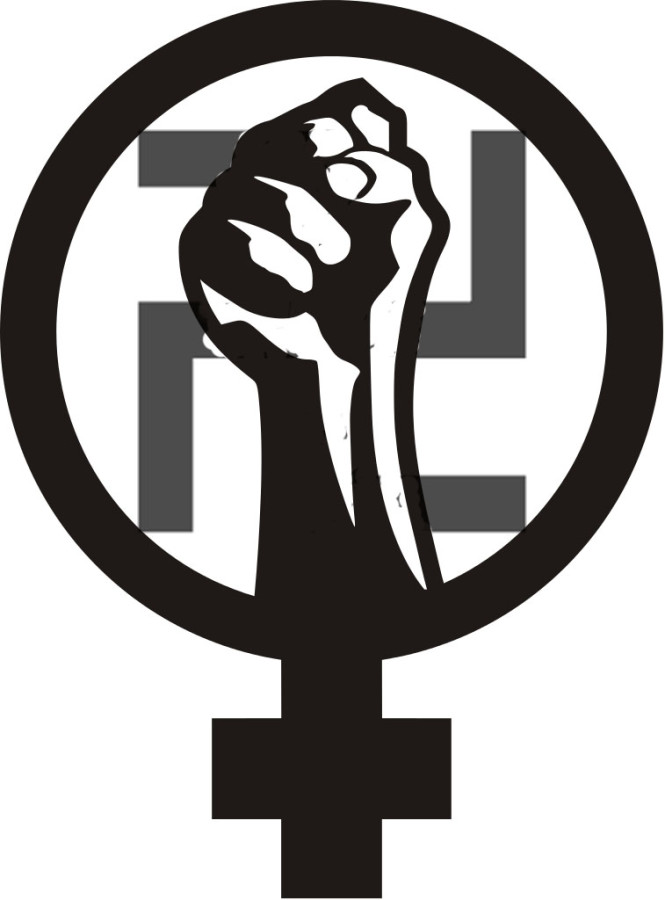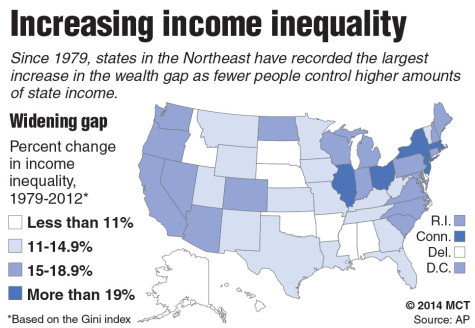Feminists Not ‘Feminazis’
The extent of similarities between feminism and Nazism ends with the suffix –ism. Feminism, which attempts to spread equal rights for women and men by valuing female qualities equal to men, is starkly different from Nazism, whose nationalistic ideology is responsible for persecution of Jewish, disabled and queer people. Despite the differences, people insist on using the term “feminazi”, a combination of the two to describe feminists. Not only does this phrase damage an important human rights movement, but it trivializes the horrors of Nazi Germany.
“Feminazi,” a word popularized by conservative pundit Rush Limbaugh, has become a battle cry for anti-feminists. Whenever a woman has stood in support for change and called for reforms to male-dominated institutes, anti-feminists, usually men, lie in waiting. They hope to diminish feminism by proclaiming that “feminazis” want to subjugate all men. This is not only dreadfully wrong, but it is also one of the most offensive phrases to feminism.
Anita Sarkeesian, the creator of the YouTube channel “feministfrequency” and victim of the abusive movement dubbed “GamerGate,” notes that the phrase feminazi falls under the common media trope of “straw feminist.” The straw feminist trope is primarily used in television shows to portray feminists as villains. This trope portrays a feminist character as annoying or extreme and reinforces the stereotype that feminism is man-hating. For example, in the Sandlot 2, one of the player’s moms puts down her husband for simply calling their daughter sweetheart. This makes the feminist in the film seem annoying and a nuisance rather than passionate about equality. The phrase “feminazi” does this to a greater extent by linking feminism with Nazism, therefore painting feminists as evil. This presents an entirely new problem.
As regularly taught in history classes, Nazis killed millions of people in an attempt to exert their cultural dominance. By using the phrase “feminazi”, the user subsequently trivializes the terrible things that the Nazis did. The use of the word “feminazi” says that feminists’ attempt for equality is equivalent to committing genocide. This is usually done in a comical way and amplifies the negative effects by saying that Nazism is funny.
At a time when anti-semitic acts are increasing in Europe, it seems that now more than ever it’s important to remember the Holocaust. The word “feminazi” makes using Nazism in humor casual, and other memes like “Hitler Cat” only add to the apparent joke that is now the Holocaust. Our first thought when we hear about the Holocaust shouldn’t be of a woman shouting. Instead, we need to dispell of Holocaust jokes if we hope to take anti-semitic acts around Europe seriously. The word feminazi is harmful, not just to a serious and important movement but also because it prevents us from honoring the victims of past atrocities and perpetrated predjudices.







